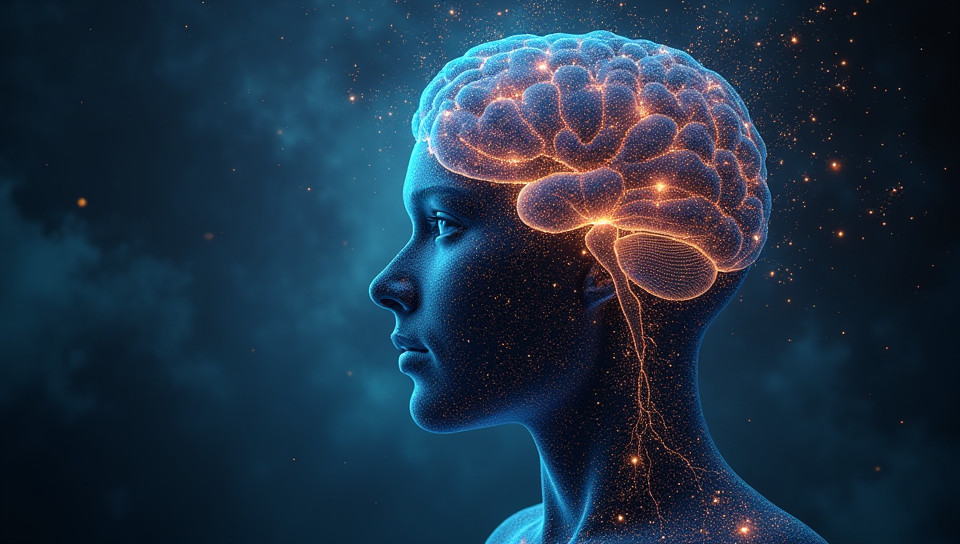Mental experiences occur within subjective awareness and consciousness 71%

The Unseen Realm of Mental Experiences
Have you ever stopped to think about where your thoughts, feelings, and sensations reside? What is the nature of our mental experiences, and how do they relate to our subjective awareness and consciousness? These are profound questions that have puzzled philosophers, scientists, and thinkers for centuries. As we delve into this complex and intriguing topic, we'll explore the intricacies of mental experiences and their relationship with our conscious existence.
The Subjective Nature of Mental Experiences
Mental experiences are inherently subjective, meaning they are personal and unique to each individual. They arise from within our minds, shaped by our thoughts, emotions, memories, and perceptions. This subjectivity is what sets us apart from the external world, allowing us to experience reality in a way that's distinct from others.
The Role of Consciousness
Consciousness plays a pivotal role in mental experiences, serving as the gateway through which we access and perceive our inner world. It's the awareness that allows us to recognize our thoughts, emotions, and sensations, making them accessible for reflection, analysis, and expression. In essence, consciousness is the thread that weaves together our mental experiences into a cohesive narrative.
The Interplay Between Mental Experiences and Consciousness
The relationship between mental experiences and consciousness is dynamic and reciprocal. Our conscious awareness influences the nature and intensity of our mental experiences, while these experiences, in turn, shape our perception of reality and ourselves. This interplay gives rise to a complex dance between our subjective awareness and objective experience.
The Paradox of Mental Experiences
Mental experiences are both fleeting and enduring, existing in a state of constant flux yet somehow remaining coherent and meaningful. They can shift from one moment to the next, influenced by external stimuli or internal changes. This paradox highlights the intricacy of mental experiences and underscores their inherent subjectivity.
- Some key factors that influence mental experiences include:
- Memories and past experiences
- Emotions and emotional regulation
- Perceptions and sensory input
- Thoughts and cognitive processes
Conclusion
Mental experiences reside within the realm of subjective awareness and consciousness, giving rise to a rich tapestry of thoughts, emotions, and sensations. By acknowledging the complex interplay between our mental experiences and conscious existence, we gain a deeper understanding of ourselves and the world around us. This insight can foster greater self-awareness, emotional regulation, and empathy for others, ultimately enriching our lives and relationships.
- Created by: Rei Saitō
- Created at: Feb. 18, 2025, 1:45 a.m.
- ID: 20661








